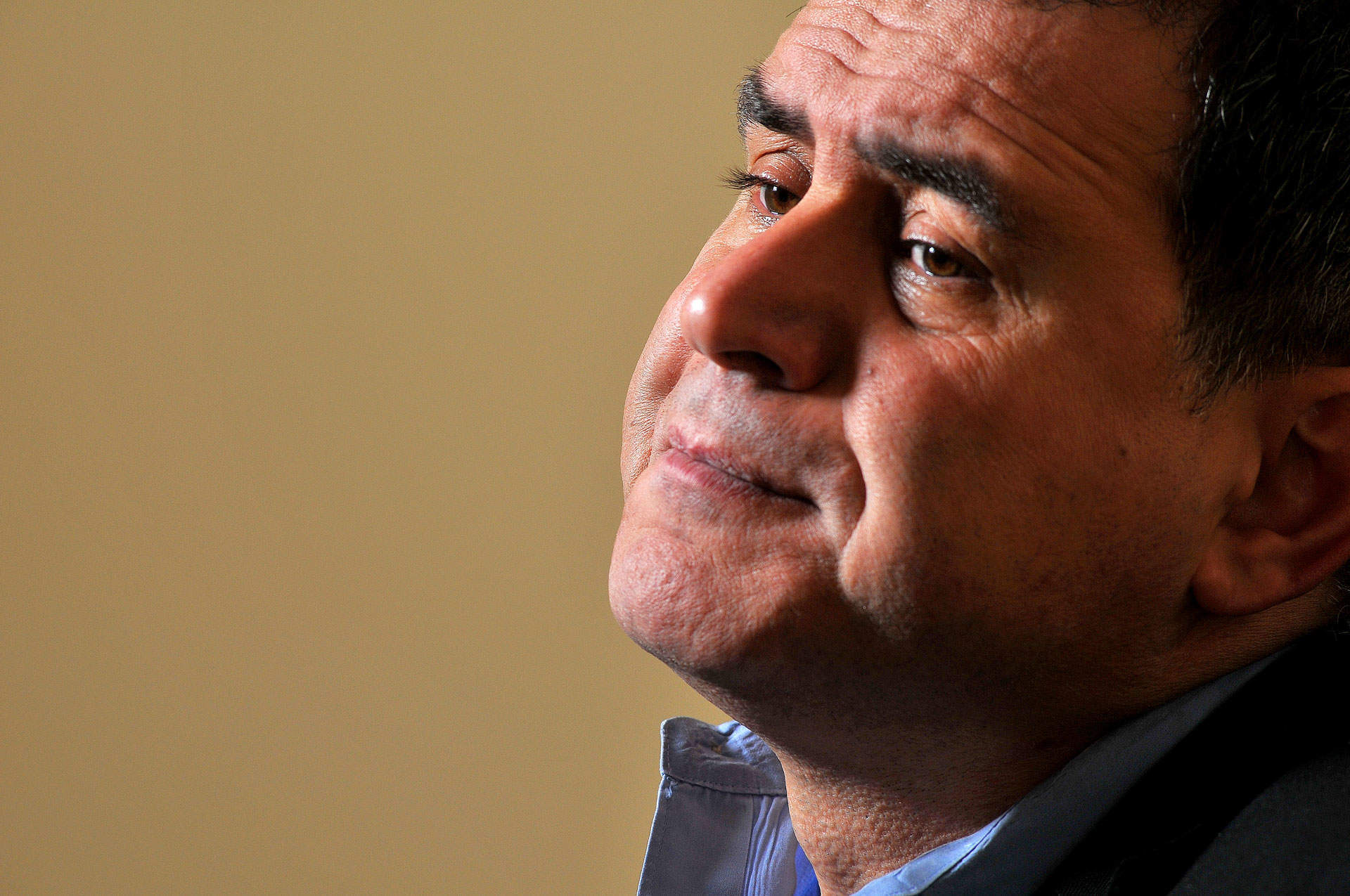
Blockchain experts have launched scathing criticism at economist Nouriel Roubini over his testimony at a US Senate Committee hearing on cryptocurrency and blockchain. The Nouriel Roubini Bitcoin take was extremely negative, with experts arguing that he mischaracterised its risks and potential.
At the hearing Roubini claimed that only terrorists and criminals used the technology, accused blockchain of being environmentally damaging and said that crypto technologies were not scalable. He argued that cryptocurrency was “the mother or father of all scams and bubbles”, and dismissed blockchain as a “glorified database”.

Access deeper industry intelligence
Experience unmatched clarity with a single platform that combines unique data, AI, and human expertise.
Experts from the cryptocurrency and blockchain community have responded with criticism, with Zach Warsavage, North American Strategist of decentralised web operating system Elastos, describing his testimony as “fear-mongering”.
“Dr Roubini’s presentation was disheartening to witness, and his statistics were majorly taken out of context,” added Marshall Hayner, founder and CEO of Metal, a platform for consumer-grade payments based on blockchain.
Nouriel Roubini Bitcoin comments slated as fear mongering
Chief among the criticism was the notion that Roubini was instilling uncalled for fear over the technology. One such example of this was his characterisation of sudden price drops that have hit Bitcoin in the past.
“His comments on prices dropping 80% instills an unnecessary fear in individuals looking to enter the crypto fray, and raises alarms unjustly for those newly invested in the ecosystem,” said Hayner.

US Tariffs are shifting - will you react or anticipate?
Don’t let policy changes catch you off guard. Stay proactive with real-time data and expert analysis.
By GlobalData“Those of us who have been attuned to the maturation of the industry understand that dips in the market are temporary — and certainly do not negate the lasting disruptive nature of cryptocurrencies as a whole.”
Rejection of institutional incompatibility of blockchain
Roubini also claimed that blockchain was incompatible with traditional institutions was also roundly rejected.
“Dr Roubini’s comments today, specifically that there is no potential for institutional integration of blockchain technology, are completely unjustified,” said Mick Hagen, CEO of censorship-free file transfer and management platform Mainframe.
“This year we’ve seen exploding interest from legacy financial institutions to find ways to work with, not against, adoption of blockchain’s immutable ledger.”
Hagen also accused Roubini of being anti-innovation in his position, arguing that greater regulatory support was needed to allow the US blockchain industry to flourish
“Roubini’s recommendation that financial services rely on permissioned databases — technology from the 80s — reflects a school of thought that places strangleholds around innovation and competitive advantage in the global economy,” he said.
“Furthermore, his arguments that the current ecosystem isn’t decentralised at all because of a hotbed of mining efforts led by other countries (while misleading) highlights the pressing need to create a friendlier regulatory environment in the United States for participation in the development of decentralised technology.”
Blockchain and Bitcoin are not the sole domain of criminals
Roubini’s dismissal of the technologies as being only used by terrorists and criminals was also met with derision.
“Although these are the questions that need to be asked and answered, one thing people frequently fail to realize is that all transactions are tracked and recorded on a public ledger — the last thing criminals want,” said Warsavage.
“Congress needs some serious education on this new technology, and fast, before other countries take the lead on an industry that will not only make the vast majority of our processes and industries more efficient, but will also create jobs, grow the economy, and become a global mechanism of trust. It is time for the United States to lead on blockchain — not fear it.”
Stable, scalable and reliable
Central to the economist’s account was the claim that the technology was not reliable, which was also met with outcry.
“Roubini’s prepared remarks argue that cryptocurrencies are not a viable unit of account, means of payment or store of value. He also stated elsewhere that Bitcoin can’t scale and is not decentralised,” explained Ken Nguyen, CEO of blockchain crowdfunding platform Republic.
“I generally disagree, and find these damning statements mostly good for their entertainment value, but not particularly thoughtful. Bitcoin and ether are very much viable means of payment, and their ‘stored value’ characteristics are not disputed by market participants or regulators.
“Any deficiency to date with respect to scalability or absolute decentralization can and will be improved over time.”
“Dr Roubini’s testimony today was irresponsible and rooted entirely in his own distrust of emerging technology rather than fact; most of his criticisms, particularly about stability and scalability, are currently being remedied by many well-known companies,” added Hayner.
“I applaud our federal legislators for making strides towards formally exploring what a blockchain ecosystem would look like in the United States, however it is critical that they seek input actual industry experts, and not get distracted by doomsayers on the wrong side of history.”
Nouriel Roubini was joined by CoinCenter director of research Peter Van Valkenburg in the hearing, whose testimony Nguyen described as “more nuanced and balanced”.







